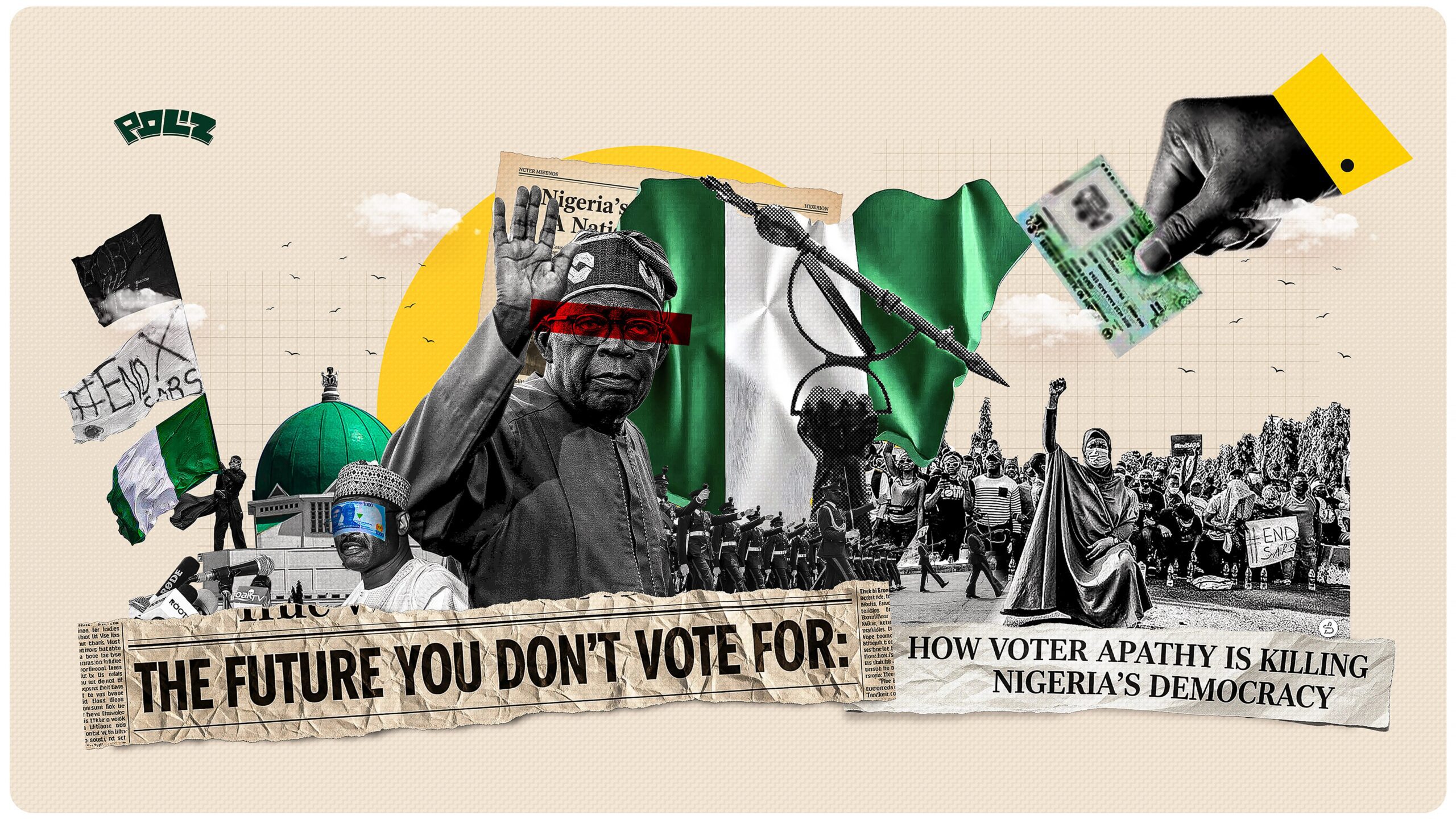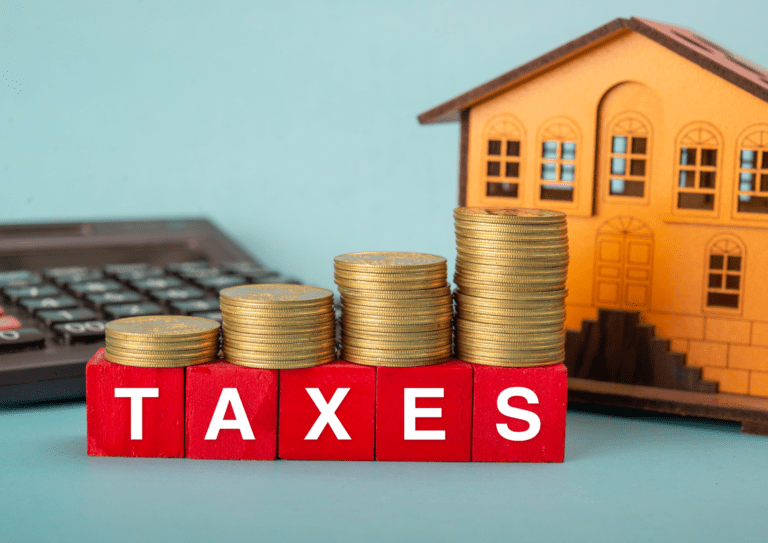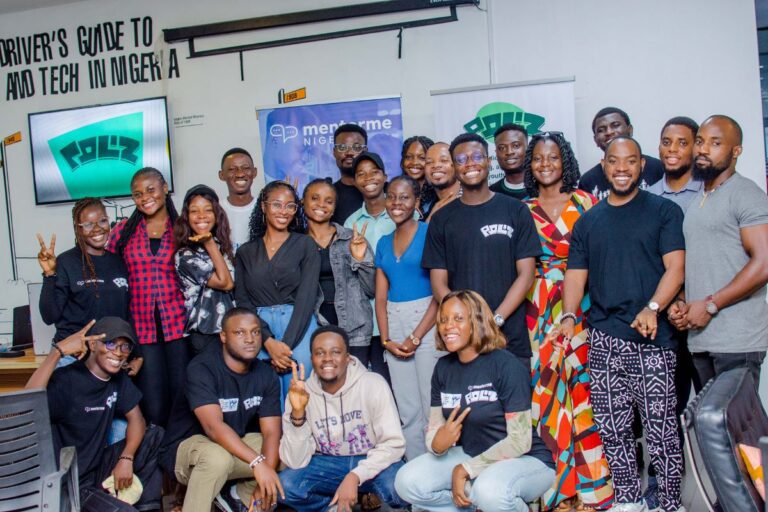The Future You Don’t Vote For: How Voter Apathy is Killing Nigeria’s Democracy
In 2015, 56% of registered voters chose to stay home during the Presidential Elections. By 2019, that number had jumped to 65%. In 2023, it climbed even higher to 73%. That’s nearly seven out of every ten registered voters who opted out of the most basic act of democratic participation.
It's important to note that registered voters represent only a portion of eligible voters.
Most Nigerians aged 18 and above are eligible to vote, but many do not register to begin with.
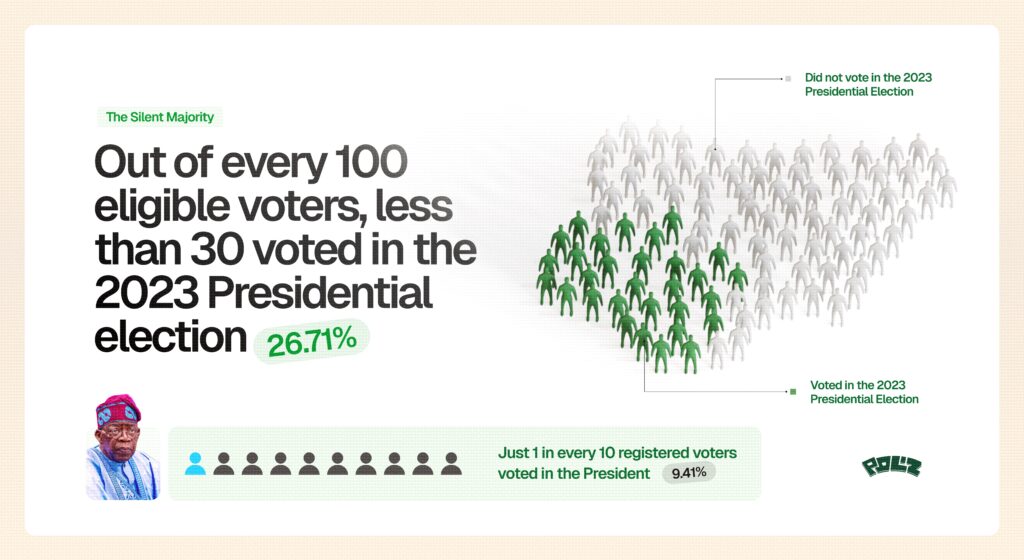
If this trend continues, voter turnout could drop below 20% in the next election cycle. That means a president could potentially be elected by just 5% of eligible voters. This isn’t hypothetical; President Bola Tinubu was elected by only 9.4% of registered voters in 2023.
Let that sink in: this is not just low voter turnout, but an outright rejection of democracy by the majority.
Infographic slideshow on Voter turnout and distribution of the last four Presidential Elections.
The situation is worse in State elections, such as the 2021 Anambra election, which recorded a mere 10% voter turnout. The Aba South/Aba North HoR by-election in 2021 saw an abysmal turnout of just 3.29%.
Local government elections suffer from even greater voter apathy than state and federal elections, with turnout often in the single digits.
What we are witnessing is not a dramatic military coup or a foreign-backed regime change. It’s something slower, more insidious. It is the death of Nigeria’s democracy—not with a bang, but with a shrug. A quiet refusal by the people to engage with a system that they increasingly see as rigged, corrupt, and pointless.
Have Nigerians Given Up?
Ask around, and the answers come back in haunting unison.
“My vote doesn’t count.” That’s not just a feeling—it’s a fact. In 2023, a BBC investigation revealed that up to 100,000 fake votes were added to one party’s tally overnight.
INEC’s much-acclaimed BVAS technology was supposed to prevent this, and to some extent, it helped.
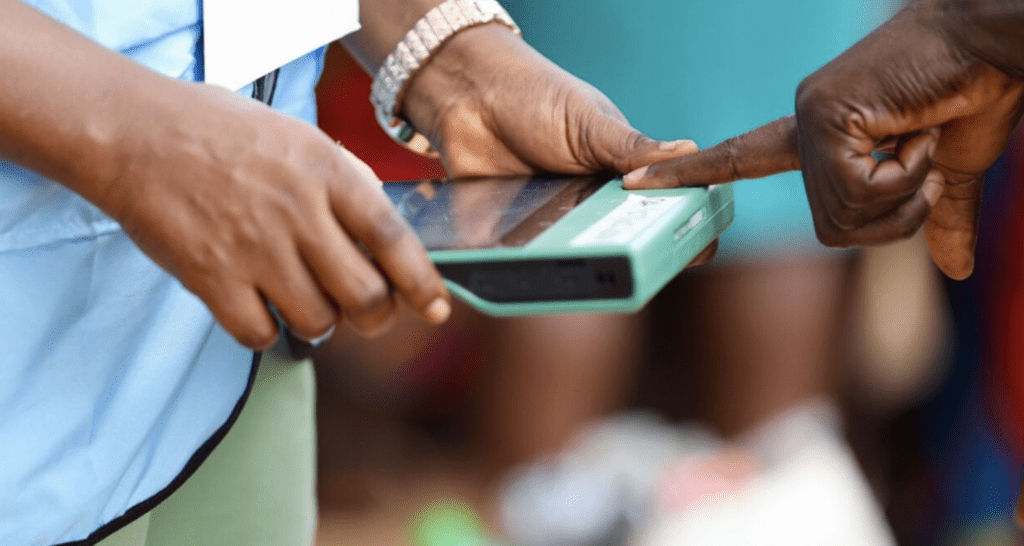
But as long as results are still collated manually in poorly lit rooms, the margin for fraud remains wide open. In the Nigerian electoral game, software might have evolved, but the tricks are as old as time.
“Why risk my life?” It’s a brutally fair question. In Rivers, Lagos, and Kano, voters were openly attacked by hired thugs. Many were chased away simply because they were perceived to be opposition supporters.
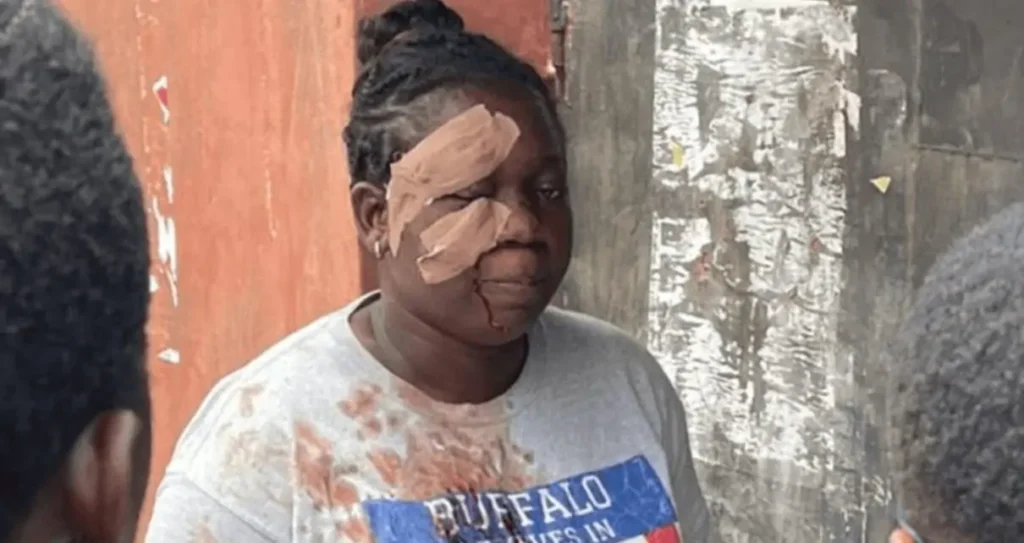
In total, at least tens of Nigerians were killed on election day by political violence. Voting has become a gamble with your life. And for many, it’s not worth the risk.
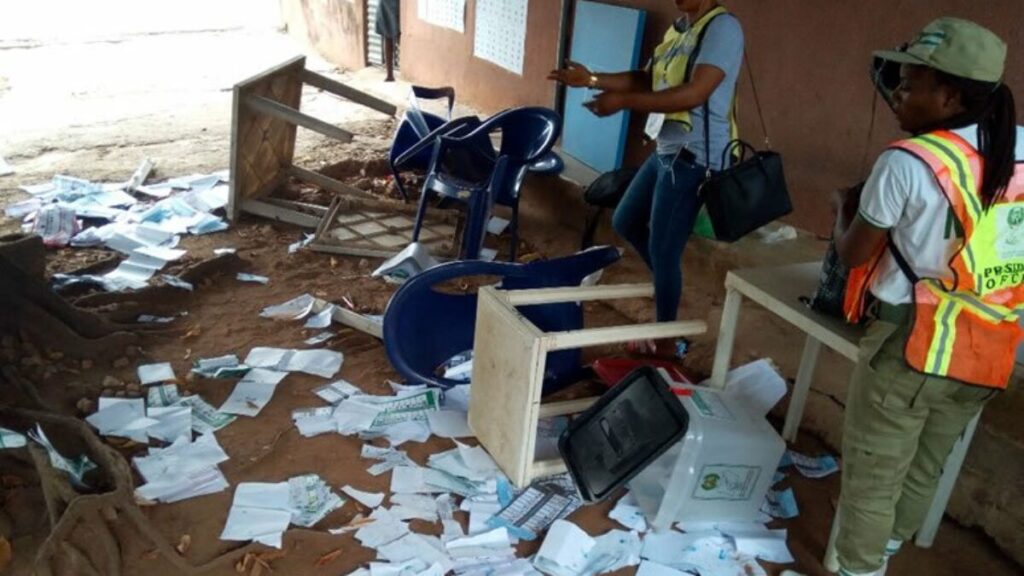
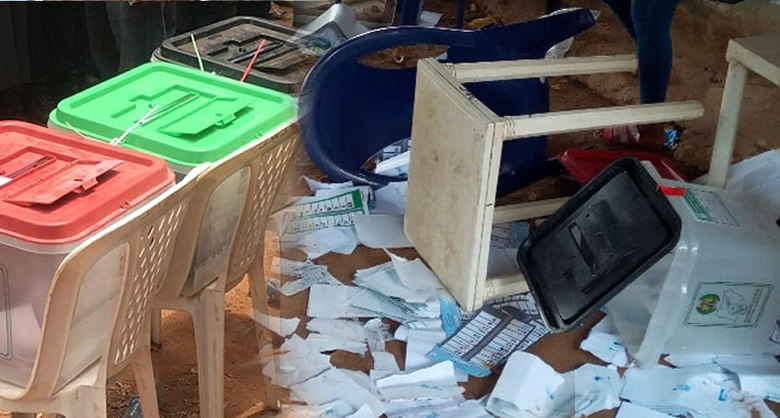
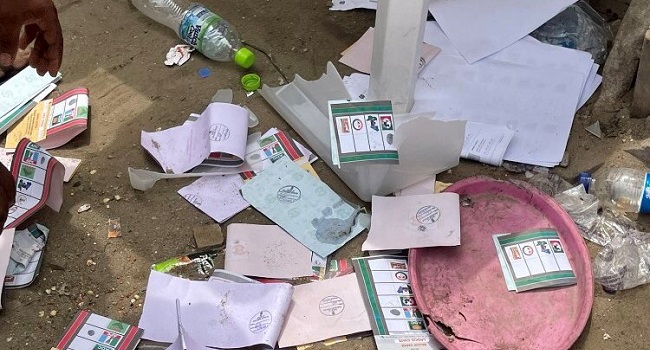
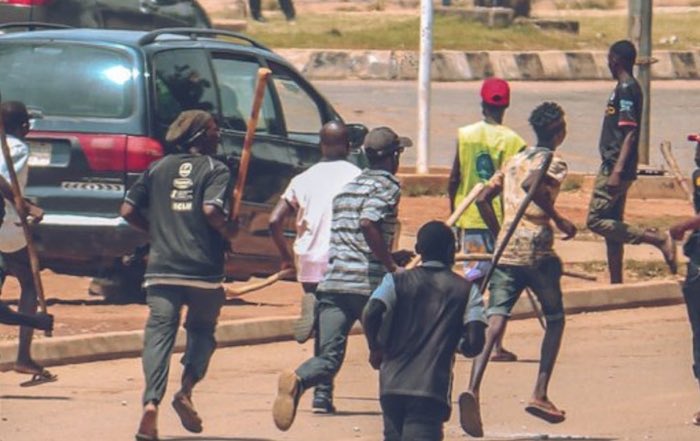
Then there’s the design of the system itself. “The system is rigged to exclude us,” people say. And they’re not wrong.
Others never even get the chance to vote, with millions of PVCs left uncollected due to a deliberately frustrating registration process. You look at all this, and it feels less like a democracy and more like a system built to wear people down until they stop trying.
And perhaps the most damning indictment of all: “Same old thieves, different election.” Young Nigerians are increasingly asking: why should we care, when every ballot seems to offer us the same recycled failures?
Voter Apathy Harms Too
But apathy is not a neutral act. It is not harmless. It’s a silent coup. When we don’t vote, we hand power to those who show up—and too often, those who show up are the ones with the money, the muscle, and the moral bankruptcy to game the system.
The consequences are already here. We see it in unaccountable governments, where leaders win with less than 5% of the vote and then turn their attention to their godfathers instead of the people.
We see it in permanent policy failure—how Nigeria has been “about to fix electricity” for decades, with nothing to show for it. We see it in the criminalisation of politics itself. With fewer citizens to win over, politicians no longer bother with ideas or vision. They rely on thugs, bribes, and ballot manipulation.
Worst of all, we see it in the growing exodus of the country’s best and brightest. The young, the skilled, the ambitious—they’re leaving in droves. They’ve concluded that the system cannot be changed, so they are choosing to escape it instead.
What’s left behind is a hollowed-out country, bleeding talent and clinging to a democratic corpse.
Building Our Democracy
Here’s the truth: this isn’t irreversible. It can be fixed—but only if we act.
The apathy isn’t random; it’s fueled by insufficient voter education, leaving many Nigerians in the dark about the electoral system and the impact of their vote.
Furthermore, INEC’s consistent failures to deliver electoral items on time, combined with a deep-seated lack of trust in the commission and the political system, actively contribute to the indifference.
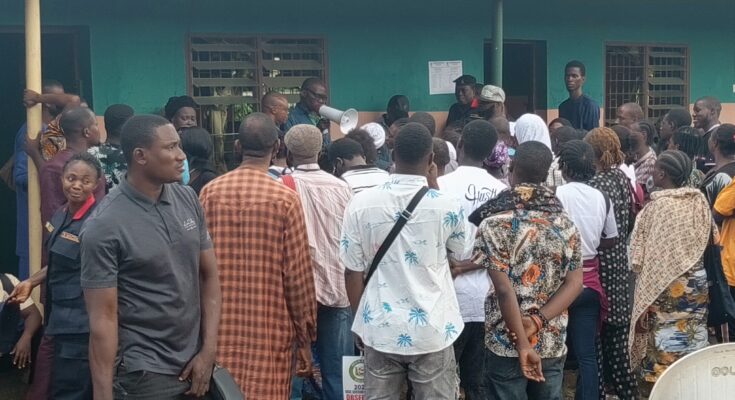
First, we need electoral reforms that matter. Enough of token gestures. We need full electronic voting, from accreditation to collation. No more manual backdoors for last-minute magic. And there must be consequences. Electoral fraud should carry serious jail time. No more slaps on the wrist. No more “go and sin no more.”
Second, voting should be easier and feel worthwhile. Why not mobile polling units for hard-to-reach communities? Why not tax breaks or public service discounts for those who vote? If politicians enjoy perks for holding office, voters should be incentivised for fulfilling their civic duty.
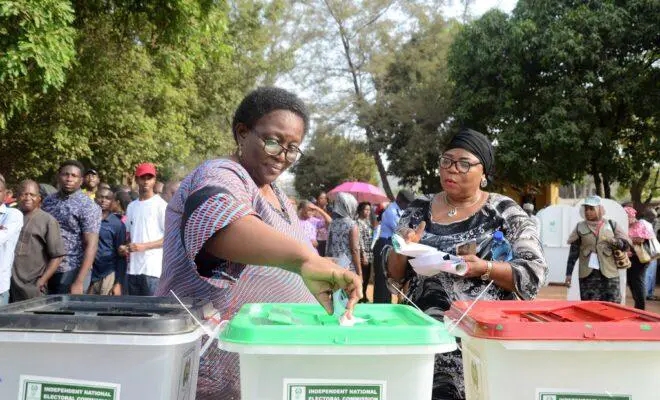
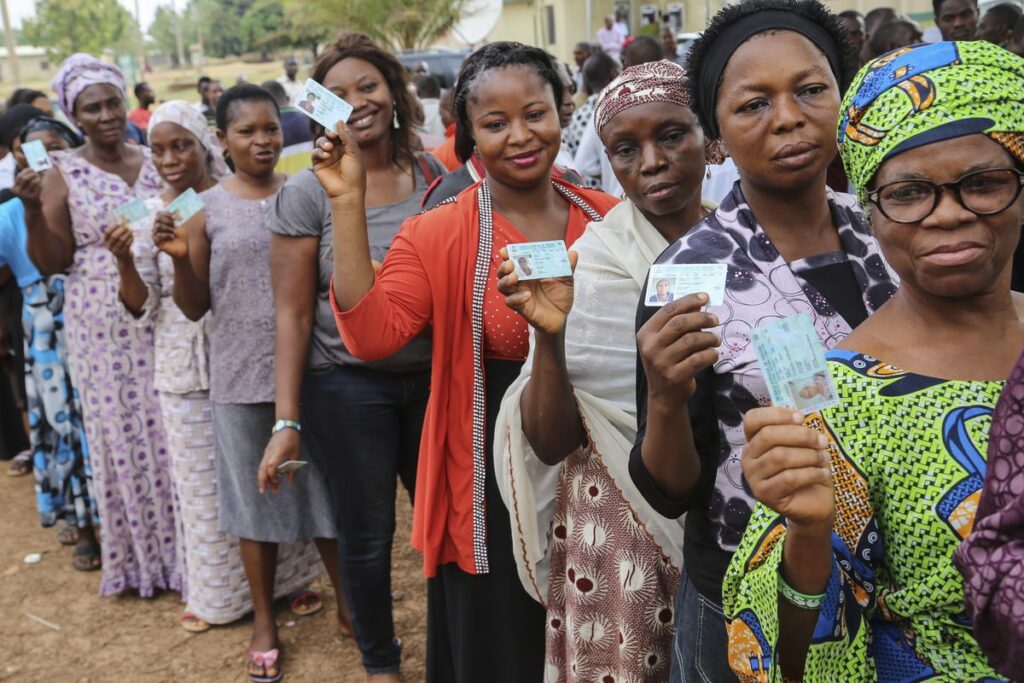
Third, we must end the reign of recycled politicians. Introduce a mandatory retirement age—65 should be the cutoff. Politics should not be a retirement plan for the chronically incompetent.
In 1999, there was an unmistakable energy—the hope, the possibility, the sense that maybe, just maybe, democracy would work here. But democracy doesn’t run on hope alone. It runs on participation. Right now, Nigeria is like a patient refusing their medicine, yet wondering why they’re not getting better.
Voter apathy is a threat we must address before it’s too late. The business community, civil society (CSOs), and faith-based organisations are essential in turning this around. For the benefit of all Nigerians, we need to promote voter participation in a strictly non-partisan way.
The 2027 elections are fast approaching. And the stakes couldn’t be higher. Will we once again let 70% of the population sit at home while a crooked elite steals the mandate? Or will we finally wake up, show up, and fight for the Nigeria we deserve?
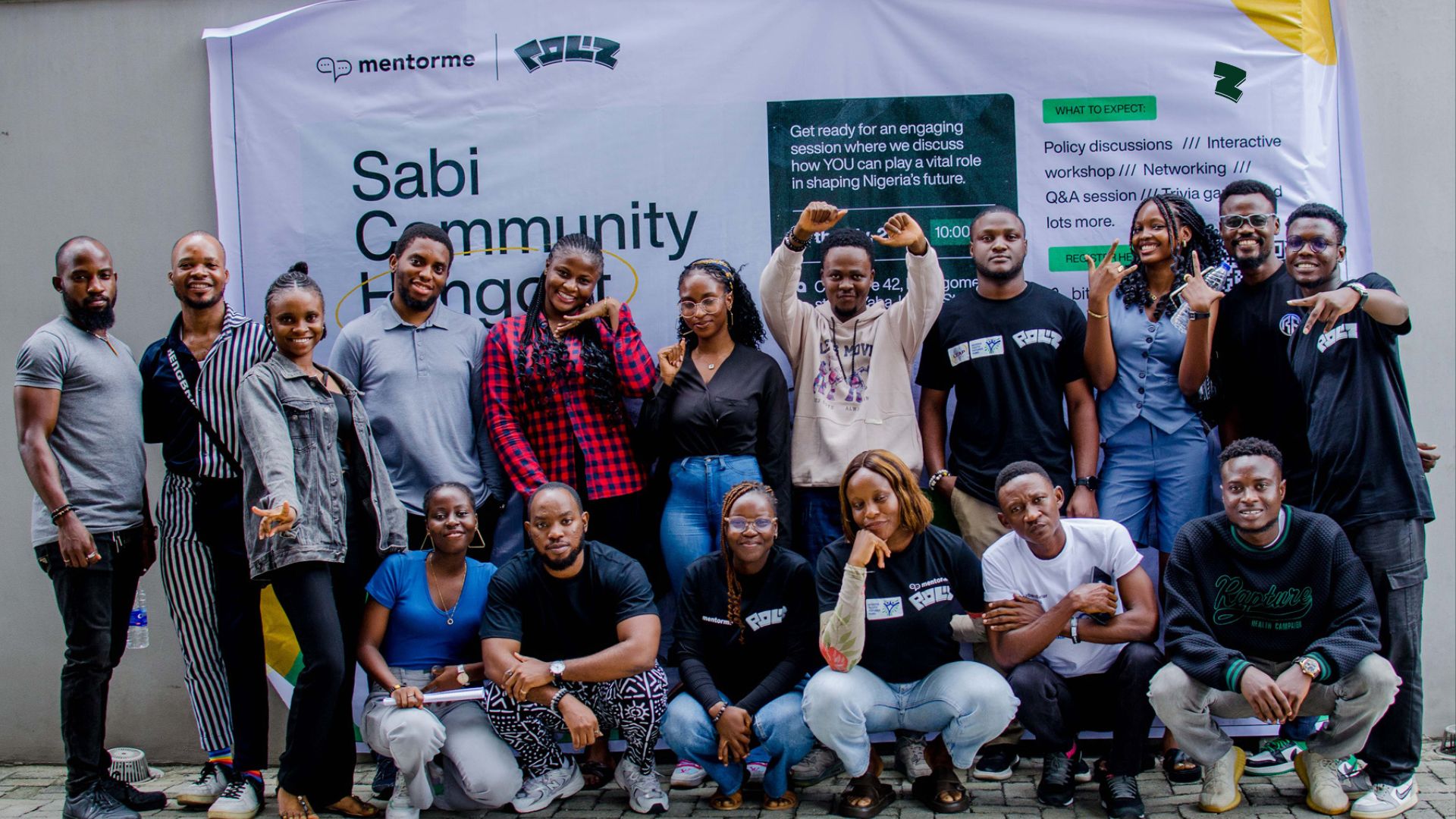
According to INEC, Nigerian youths (18-34) make up the largest voter demographic, accounting for 39.65% (over 37 million) of all registered voters.
We need to empower Nigerian youths to actively participate in Governance and stem the tide of voter apathy.
The clock is ticking. Democracy is not self-sustaining. It survives only when people care enough to protect it. The choice is ours. But time, as always, is running out.
Before you go…
Are you a Lagosian?
Are you aware that the Lagos Local Government Election is happening on Saturday, July 12, 2025?
Your vote is crucial for shaping the future of our communities.
Make sure you’re ready to participate and cast your ballot!
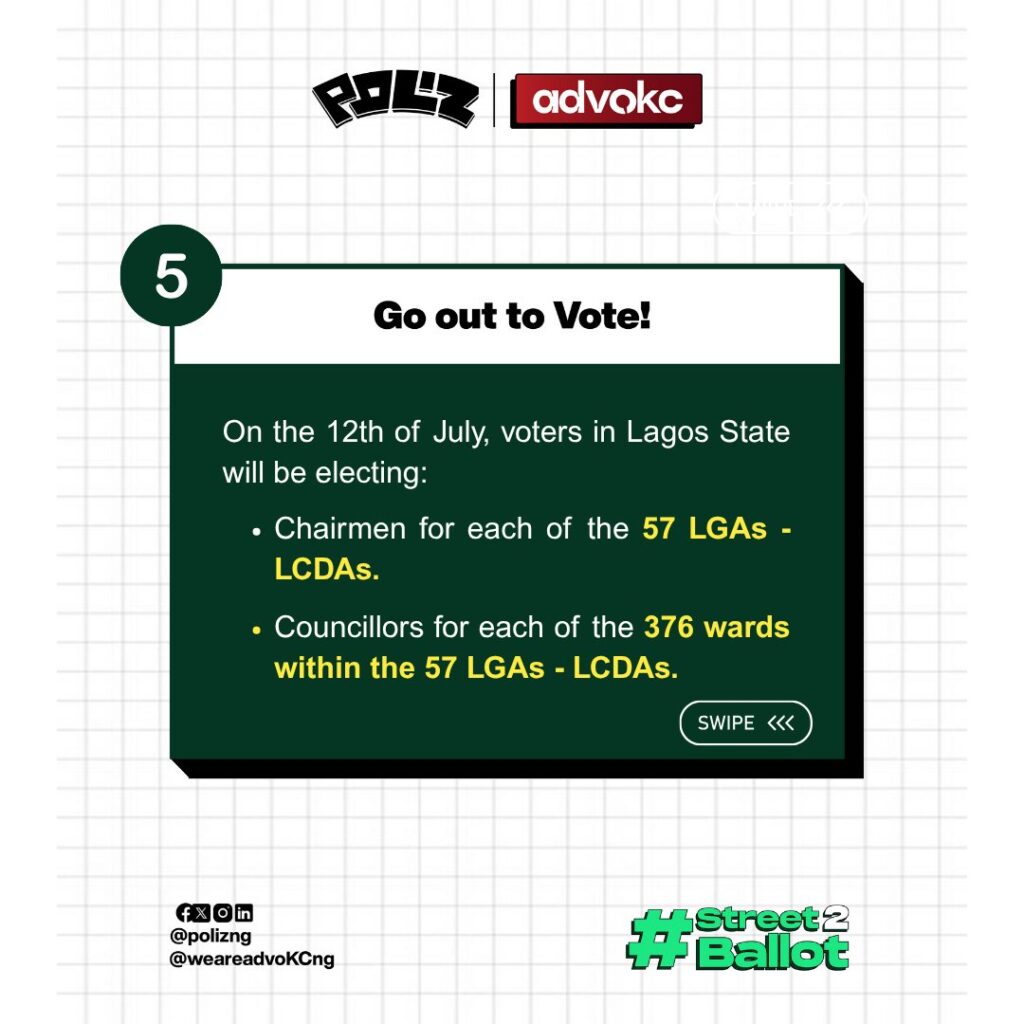
Credits
Editor: Andrew Kintum
Cover & Infographics Designer: Emonbeifo Efosa.
If you like what you just read, don’t stop here! Follow us on Twitter and Instagram or subscribe to our newsletter to stay updated every time we share new content.
Want to take it a step further? Join our WhatsApp community and be part of the conversation in real time! Let’s keep the energy going together.
ALSO READ: How to Be an Active Citizen: Get Involved, Stay Informed!
